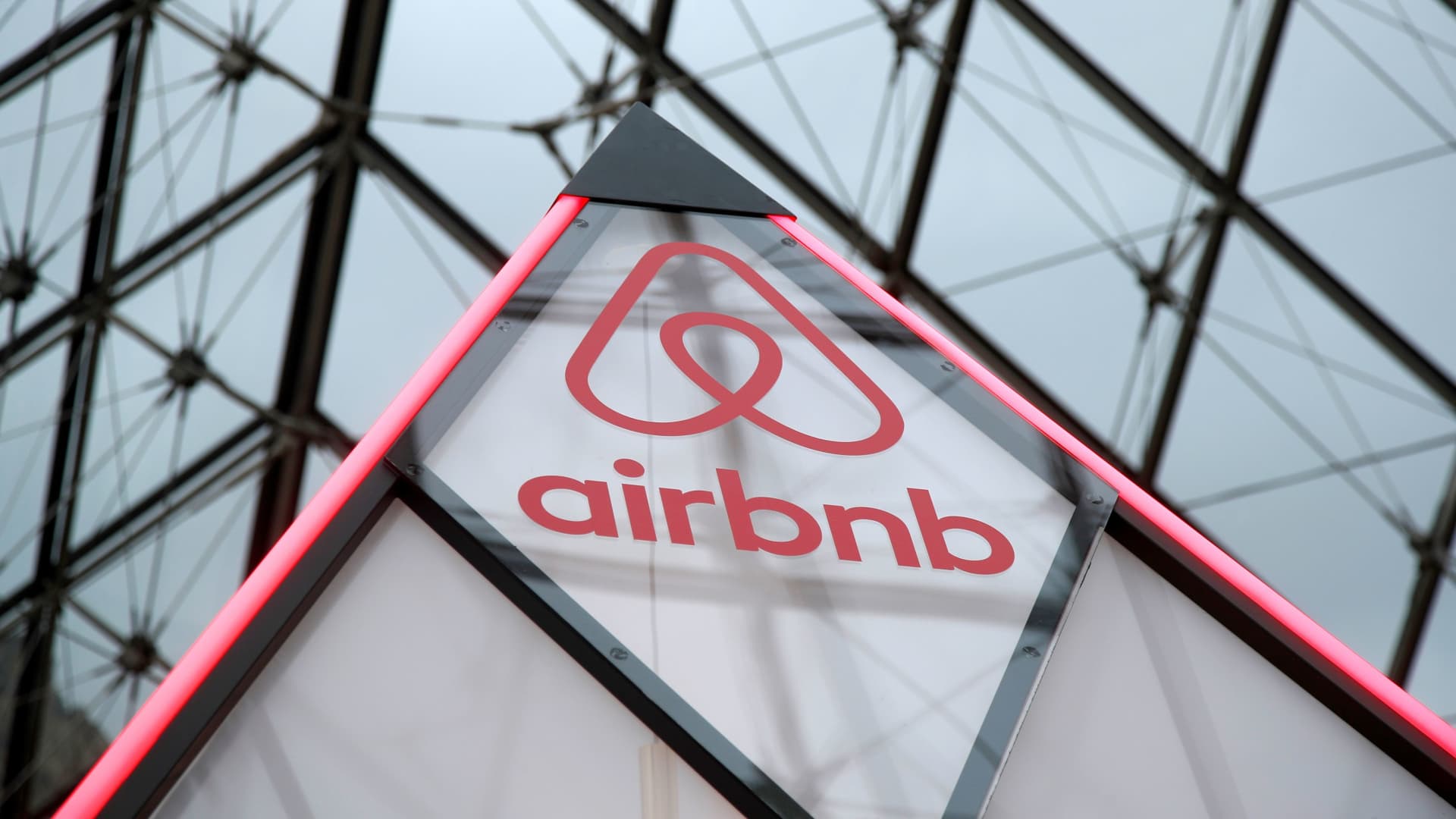
Airbnb’s presence in the West Bank has been a source of ongoing controversy. It raises complex questions about ethical tourism and the platform’s responsibility in conflict zones. The company’s handling of listings in Israeli settlements has been marked by reversals and legal challenges. And also leaves many travellers seeking alternative options.
A Timeline of Controversy: The Back and Forth

The debate surrounding Airbnb’s listings in the West Bank has unfolded over several years:
2016: The Campaign Begins
Activists initiated campaigns to raise awareness about Airbnb’s role in facilitating tourism to Israeli settlements. It contributed to the ongoing conflict and displacement of Palestinians.
2018: A Brief Removal
Under mounting pressure, Airbnb announced its intention to remove approximately 200 listings located in West Bank settlements. This decision with both praise from human rights advocates and criticism. From those who accused the company of discrimination.
2019: The Reversal
Faced with legal challenges and intense lobbying efforts, Airbnb backtracked on its earlier decision. Listings in the West Bank settlements were reinstated, a move that sparked further criticism and disappointment from those advocating for ethical tourism.
Why the Controversy?
The controversy stems from the disputed status of the Israeli settlements in the West Bank. These settlements are considered by many in the international community to be illegal under international law, as they are built on land occupied by Israel in the 1967 Six-Day War. Critics argue that by hosting listings in these settlements, Airbnb is profiting from and legitimizing their existence, further entrenching the conflict and hindering the prospects for peace.
Ethical Alternatives: Travel with a Conscience
For travellers who wish to avoid contributing to the complexities surrounding Airbnb’s presence in the West Bank, several ethical alternatives exist:
Fairbnb.coop

This platform operates cooperatively, allocating 50% of tourist payments to local community projects. Fairbnb prioritizes local hosts, ensuring that tourism benefits residents rather than outside investors.
Traditional B&Bs
Opting for locally-owned bed and breakfasts offers a more personal and authentic travel experience while directly supporting the local economy.
Hotels, Hostels, and Serviced Apartments

These regulated accommodations can be a more responsible choice, minimizing disruption to local housing markets and avoiding the complexities associated with informal rentals.
Home Exchange
This allows travellers to swap homes with people in their destination, creating a unique cultural exchange and fostering community connections.
Housesitting
Offering to housesit provides a free or low-cost travel option while allowing individuals to immerse themselves in local communities and experience a different way of life.
By choosing these alternatives, travellers can align their travel choices with their values, supporting local communities and contributing to a more ethical and sustainable form of tourism. While Airbnb remains a popular platform, understanding the controversies surrounding its operations in the West Bank empowers travellers to make informed decisions about their accommodations and contribute to positive change.
Read more on Lifetips.blog














